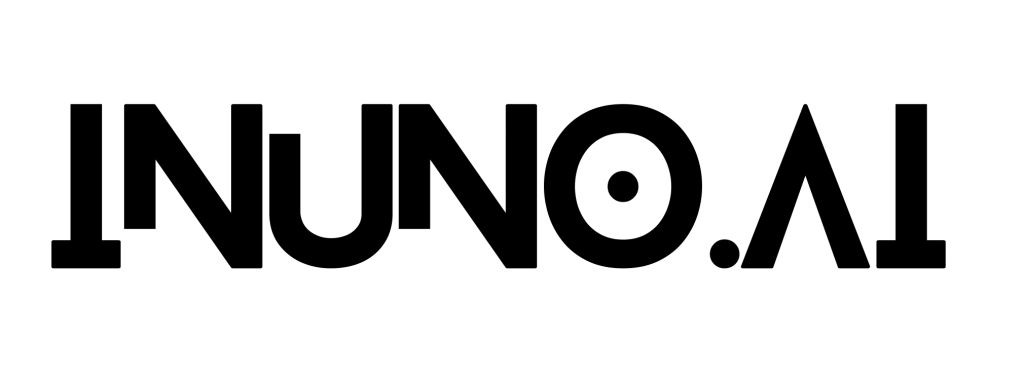In the rapidly evolving realm of social media and digital platforms, one name consistently dominates the headlines: Elon Musk. Renowned for his ventures in electric vehicles (Tesla), space exploration (SpaceX), and now his ownership of X, formerly Twitter, Musk is an influential figure. While his ambitious ideas often reshape industries, his ownership and approach to managing X have raised critical concerns about the platform’s role in influencing global political dynamics, particularly in Europe.
The platform’s unchecked spread of disinformation, the weakening of content moderation, and Musk’s publicized skepticism about democratic institutions have sparked fears that X could be a tool undermining European democracy. This article explores the evidence behind such concerns, examines Musk’s motivations and actions, and discusses the broader implications for democratic governance in Europe.
A Shift in Platform Policy Under Musk
Since Elon Musk acquired X in late 2022, the platform has undergone significant transformations. Musk has emphasized his vision of “free speech absolutism,” which he claims promotes open discourse but critics argue fosters an environment for harmful content. Key policy changes under his leadership include:
Content Moderation Cuts: Musk drastically reduced the company’s workforce, including teams responsible for content moderation and addressing hate speech. The resulting rise in unregulated content has led to concerns about disinformation, hate speech, and harmful propaganda gaining traction on the platform.
Verification Chaos: By introducing a paid subscription model for verification, Musk inadvertently diluted the credibility of verified accounts. This opened the door for impersonations, fake news dissemination, and the erosion of trust in information shared on X.
Engagement over Accuracy: Musk’s algorithmic adjustments prioritize high-engagement posts, irrespective of their accuracy or credibility. This shift amplifies sensationalist content, including conspiracy theories and politically polarizing material, which are harmful to public discourse.
Disinformation and the European Landscape
The rise of disinformation on X has had a pronounced impact in Europe, a region that places strong emphasis on protecting democratic norms and practices. Key examples illustrate the platform’s growing role in undermining trust and stability:
Electoral Interference: European nations have witnessed an uptick in coordinated disinformation campaigns during elections. For instance, prior to the 2024 European Parliamentary elections, analysts identified a surge in misleading narratives on X targeting minority groups, questioning election integrity, and promoting fringe political ideologies. While such interference is not new, critics argue that X’s lax moderation policies under Musk have exacerbated the problem.
Rise of Extremism: Far-right movements across Europe, including groups in Germany, Hungary, and France, have utilized X to amplify their messages. The platform’s algorithm often promotes divisive and inflammatory content, enabling extremist groups to recruit followers and normalize radical ideologies. Musk’s public interactions with controversial figures, including those linked to conspiracy theories, have further emboldened such movements.
Undermining Public Health Messaging: During the COVID-19 pandemic, European governments relied heavily on social media platforms to disseminate accurate health information. However, under Musk’s leadership, X became a breeding ground for anti-vaccine propaganda and pseudoscience. This erosion of public trust in health institutions has had lasting effects on Europe’s ability to address collective challenges.
Musk’s Personal Influence
Elon Musk’s public persona and political stances have also raised questions about his commitment to democratic principles. Musk has often expressed disdain for traditional regulatory bodies, portraying them as bureaucratic obstacles to progress. His frequent clashes with the European Union’s Digital Services Act (DSA) and the General Data Protection Regulation (GDPR) reflect a broader tension between Musk’s libertarian ideals and Europe’s regulatory approach.
Skepticism Toward European Regulators
Musk has openly criticized EU efforts to regulate online platforms. In a series of posts, he described the DSA’s content moderation requirements as an attack on free speech, sparking debates about the balance between regulation and freedom of expression. His resistance to compliance has led to speculation that X could deliberately flout European laws to prioritize profit over public welfare.
Engagement with Populist Leaders
Musk’s interactions with populist leaders and movements have further complicated his image. In Italy, for example, Musk met with Prime Minister Giorgia Meloni, whose far-right government has faced criticism for its stance on immigration and LGBTQ+ rights. While such meetings are not unusual for business leaders, Musk’s vocal support for some of these figures’ policies raises concerns about his ideological leanings and their potential impact on platform policies.
The Weaponization of Social Media
The broader concern surrounding Musk’s management of X is its role in the weaponization of social media. Platforms like X are increasingly seen as tools for manipulating public opinion, spreading propaganda, and destabilizing democracies. Musk’s approach appears to exacerbate these risks in several ways:
Amplification of Polarization: The prioritization of high-engagement content fuels polarization by amplifying the most extreme viewpoints. In Europe, this trend has undermined civil discourse, with debates around immigration, climate policy, and EU governance becoming increasingly divisive.
State-Sponsored Disinformation: European security agencies have identified state-sponsored disinformation campaigns from actors like Russia and China that exploit X’s vulnerabilities. These campaigns often target trust in democratic institutions, attempting to sow discord and weaken the EU’s cohesion.
Declining Trust in Media: X’s role as a primary news source for many users means that misinformation spread on the platform has real-world consequences. The decline in trust in traditional media outlets, partly fueled by the rise of fake news on X, leaves European citizens more vulnerable to manipulation.
Regulatory Pushback in Europe
Recognizing the risks posed by platforms like X, European regulators have ramped up efforts to hold tech companies accountable. The EU’s DSA, which came into force in 2024, mandates stringent content moderation and transparency requirements for large platforms. While these measures are a step in the right direction, enforcing them against a defiant Musk-owned X remains a challenge.
Financial Penalties and Compliance
Under the DSA, non-compliant platforms can face hefty fines and even bans within the EU. In 2024, the European Commission issued warnings to X over its handling of disinformation related to the Israel-Palestine conflict. Musk’s response, which included defiant tweets mocking the EU’s approach, highlighted the difficulty of enforcing compliance.
Collaboration with Civil Society
European governments are also working with civil society organizations to counter disinformation. Fact-checking initiatives and digital literacy campaigns aim to equip citizens with the tools to identify and resist fake news. However, these efforts require platforms like X to cooperate—something Musk has shown limited interest in facilitating.
The Future of X and European Democracy
The question of whether Musk is intentionally undermining European democracy remains speculative. However, his platform’s policies and priorities undeniably pose challenges to democratic governance in the region. Moving forward, several scenarios could unfold:
Greater Regulation and Oversight: If the EU succeeds in enforcing its regulatory framework, X may be forced to adopt stricter content moderation practices. This would mitigate some of the platform’s harmful effects but could also lead to clashes between Musk and European authorities.
Public Pushback: European citizens and advocacy groups could play a crucial role in holding X accountable. Boycotts, pressure campaigns, and public criticism have the potential to influence Musk’s decisions, particularly if they impact the platform’s profitability.
Continued Deterioration: If unchecked, X’s current trajectory could lead to a further erosion of trust in democratic institutions, exacerbating political polarization and empowering extremist movements across Europe.
Conclusion
Elon Musk’s ownership of X has sparked significant debate about the platform’s role in shaping political discourse and public opinion. In Europe, where democracy faces challenges from populism, disinformation, and external interference, X’s policies under Musk’s leadership have raised legitimate concerns about its potential to undermine democratic norms. While Musk’s intentions remain unclear, the impact of his decisions is evident: a platform that prioritizes engagement over accuracy, fosters division, and resists regulatory oversight. For European democracies to thrive in the digital age, holding platforms like X accountable is essential. Only through a combination of robust regulation, public advocacy, and platform responsibility can the region navigate the complex interplay between technology and democracy.







